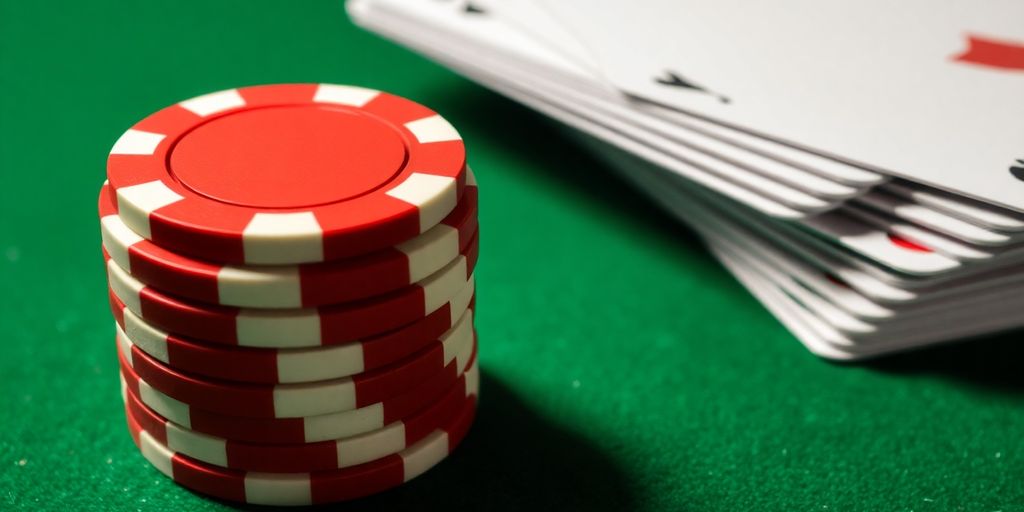
Poker legend Phil Ivey has lost his appeal against Genting Casinos UK in a high-profile cheating case. The dispute centered on £7.8 million in winnings from Punto Banco, a form of baccarat, which Crockfords Casino, owned by Genting, withheld. Ivey admitted to using a technique called “edge sorting” but argued it was a legitimate advantage play, not cheating.
The Edge Sorting Controversy
Phil Ivey’s legal battle with Crockfords Casino began after he won £7.8 million playing Punto Banco in August 2012. Ivey utilized a technique known as “edge sorting,” which involves identifying and exploiting subtle manufacturing defects on the backs of playing cards. He contended that this was a skill-based advantage play, and the casino should have recognized it.
Legal Proceedings and Appeals
The case has seen multiple rulings and appeals:
-
August 2012: Ivey wins £7.8 million at Crockfords, but the casino refuses to pay.
-
May 2013: Ivey initiates legal action against Crockfords in London’s High Court.
-
October 2014: The High Court rules in favor of Crockfords.
-
January 2015: Ivey is granted permission to appeal the High Court’s decision.
-
April 2016: The Court of Appeal upholds the High Court’s ruling.
-
November 2016: Ivey loses his appeal against Genting Casinos UK.
-
February 2017: The UK Supreme Court grants Ivey permission for a final appeal.
Defining “Cheating”
A central point of contention in the case was the legal definition of “cheating” within the context of gambling. Lady Justice Arden, in the Court of Appeal, ruled that Ivey’s actions, by affecting the odds without the casino’s knowledge, constituted cheating under the Gambling Act of 2005. She stated that Ivey, as an advantage player, was in an adversarial position with the casino, and his interference with the game’s integrity met the standard for cheating.
-
Phil Ivey’s use of “edge sorting” was deemed cheating by the courts.
-
The case highlighted the legal interpretation of “cheating” in gambling.
-
Despite Ivey’s claims of honest play, the courts sided with the casino.
Ivey expressed his frustration with the ruling, stating, “The trial judge said that I was not dishonest and the three appeal judges agreed, but somehow the decision has gone against me. Can someone tell me how you can have honest cheating?” This case has significant implications for the gambling industry, particularly regarding advantage play and the responsibilities of both players and casinos.